Research Article
Call to Action to the European Commission to Urgently Address the Health Workforce Crisis and the Upskilling of Healthcare Professionals
- Dr. Mariano Votta
Corresponding author: Dr. Mariano Votta
Volume: 1
Issue: 12
Article Information
Article Type : Research Article
Citation : Mariano Votta, Bianca Ferraiolo, Kinga Wójtowicz, Luca Mario Comincioli. Call to Action to the European Commission to Urgently Address the Health Workforce Crisis and the Upskilling of Healthcare Professionals. Journal of Medical and Clinical Case Reports 1(12). https://doi.org/10.61615/JMCCR/2024/DEC027141210
Copyright: © 2024 Mariano Votta. This is an open-access article distributed under the terms of the Creative Commons Attribution License, which permits unrestricted use, distribution, and reproduction in any medium, provided the original author and source are credited.
DOI: https://doi.org/10.61615/JMCCR/2024/DEC027141210
Publication History
Received Date
22 Nov ,2024
Accepted Date
04 Dec ,2024
Published Date
10 Dec ,2024
Abstract
Civil Society and healthcare organizations, together with Patient Advocacy Groups (PAGs) and EU umbrella patient organizations - a total of 42 entities from 16 Member States, all united in protecting the health rights of European citizens - recently wrote an open letter to the newly elected European Commissioner for Health to express serious concerns about the healthcare workforce crisis in Europe, which requires immediate and comprehensive action from the highest levels of political leadership. With 15 million healthcare professionals, constituting over 7% of the EU workforce and almost 4% of the EU population, their indispensable role in ensuring the well-being of our citizens and fostering trust in our healthcare systems cannot be overstated. The relevance of the initiative did not leave indifferent the Members of the European Parliament, some of whom formally supported the message. The new EU Institutions are called upon to address the health workforce crisis by supporting healthcare professionals’ knowledge acquisition and upskilling, which are the main preconditions for greater protection of patients' rights across Europe.
Keywords: European elections; Public Health; European Union; Patients’ Rights; skill shortage; medical desertification; job strain; healthcare workforce; CSOs; PAGs; HCPs; COVID-19; knowledge acquisition; upskilling; EU Institutions.
►Call to Action to the European Commission to Urgently Address the Health Workforce Crisis and the Upskilling of Healthcare Professionals
Mariano Votta1*, Bianca Ferraiolo2, Kinga Wójtowicz3, Luca Mario Comincioli4
1Director, Active Citizenship Network, c/o Cittadinanzattiva APS, Via Imera, 2 - 00183 Rome, Italy.
2Head of the Representative Office to the EU - Senior Manager EU Affairs, Active Citizenship Network, Rue Philippe Le Bon 46, 1000 Brussels, Belgium.
3Director of EU Healthcare at RPP Group Brussels office, Rue Guimard 10, 1040 Brussels, Belgium.
4Health Policy Consultant at RPP Group Brussels office, Rue Guimard 10, 1040 Brussels, Belgium.
Introduction
15 million people work in the healthcare sector, representing over 7% of the EU workforce and almost 4% of the EU population [1].
The role of healthcare professionals (HCPs) is undeniably central: doctors, nurses, and all healthcare personnel are essential within healthcare systems, ensuring the well-being of citizens and fostering trust in the system. Their support is crucial. However, their importance seems not to be adequately emphasized in the political sphere: be it in the National Recovery and Resilience Plans (NRRPs), the conclusions of the Conference for the Future of Europe, or the 2024 pre-election debates. Surprisingly, also considering what has been experienced during her mandate, the President of the European Commission Ursula von der Leyen did not even mention health or its professionals in her 2023 State of the Union speech [2], despite their fundamental role.
In the context of the European Year of Skills [3], the Commission's report on Employment and Social Developments in Europe (ESDE) 2023 [4] pays particular attention to the analysis of labor shortages and skills gaps including in the health sector [5].
For many years, the severe shortage of health workers worldwide has been identified by the WHO as one of the most critical constraints to achieving health and development goals [6].
On the occasion of the EU Flu Day 2023, the Steering Group on Influenza Vaccination presented a set of actionable policy recommendations, outlining how European and national policymakers can empower healthcare professionals for everyone's protection [7].
Recently, the Standing Committee of European Doctors (CPME) officially called on European institutions to take concrete actions to retain and recruit health workers [8], while citizens’ organizations and PAGs (patient advocacy Groups) decided to dedicate the 2024 celebration of the European Patients' Rights Day [9] at the EU Parliament to the health workforce crisis. The event, promoted as usual by Active Citizenship Network and titled “The key role of HCPs for a healthier Europe. Combining the protection of patients' rights with skills shortage, medical desertification and job strain” was supported by the MEPs Interest Group "European Patients' Rights & Cross-Border Healthcare" [10], and brought together European Institutions, healthcare professionals' representatives, EU-funded project consortia addressing the health workforce crisis, journalists, representatives of the Academies of Medicine and of the private sector, independent experts such as the former European Commissioner for Health and Food Safety [11].
Doctors, nurses, and all HCPs must have lawful working conditions and safe staffing levels, as they are a fundamental pillar in the transition to more resilient national healthcare systems, but they are facing a crisis that raises significant concerns among all stakeholders, institutional and non-institutional.
The pandemic has exacerbated existing problems (such as job strain, workforce and skill shortages, and medical desertification [12] and raised new challenges, such as how to be better prepared for future health threats. In this regard, for example, on 13 December 2023, members of the HERA Civil Society Forum [13] called for increased training of health workers to prepare for future health threats, particularly in light of lessons learned from the COVID-19 pandemic [14].
Medicine is losing its attractiveness as a lifelong profession and if we continue on this path we will not have a functioning healthcare workforce [15].
Figure 1. Save the date of the initiative organized at the EU Parliament on 20 March 2024

The Methodology
Invited by Active Citizenship Network [16], the EU branch of the Italian NGO Cittadinanzattiva [17], a collective of leaders of patient and citizen organizations across Europe came together to raise awareness and seek innovative solutions to combat the ongoing health challenges faced by the health workforce crisis. The initiative took place in the form of an EU workshop entitled “Empowering & mobilizing PAGs on COVID-19 (and long COVID), Prevention, immunization & treatments”, held on 14 October 2024 in a hybrid format, in Brussels & online [18].
In particular, the leaders and representatives of the following organizations were concretely involved:
- Lower Austrian Patient and Nursing Advocacy - NÖ PPA (Austria)
- Bulgarian Association for Patients' Defence – BAPD (Bulgaria)
- The Innovations Institute (Bulgaria)
- Cyprus Federation of Patient Associations - CyFPA – OSAK (Cyprus)
- Croatian Association for Patients' Rights - CAPR (Croatia)
- International Council of The Patient Ombudsman (Croatia)
- Institute of Research for Innovation and Development – IMKKA (Greece)
- Irish Patients' Association (Ireland)
- Tribunale per i diritti del malato-Cittadinanzattiva (Italy)
- National Patients' Organisation (Malta)
- Malta Health Network (Malta)
- EPECS (the Netherlands)
- Institute for Patients' Rights and Health Education - IPPEZ (Poland)
- STOMAlife fundacja (Poland)
- Azorian Association of Chronic Pain Patients - ADDCA (Portugal)
- Portuguese Health Literacy Association - SPLS (Portugal)
- European Association for Educational and Preventive Health in Epigenetics - AESEP (Portugal)
- Kultlab Celje Society – DKC (Slovenia)
- The Slovenian foodbank - SIBAHE (Slovenia)
- Association for Justice and Control (Slovenia)
- Universidad del Paciente y de la Familia - UPF (Spain)
- The National Federation of Associations ALCER (Association for the Fight against Kidney Diseases) (Spain)
The initiative also received the attention of three media partners: HealthEuropa [19], TrendSanità- Policy and Procurement in HealthCare [20], and the Journal of Medical and Clinical Case Reports, an international peer-reviewed journal published by Medvix publications [21]. Complemented by preparatory work led by Active Citizenship Network and a post-election European analysis focused on EU health conducted by RPP Group [22], experts had the opportunity for collaborative discussions on the unmet needs of the patients they represent and the continued impact of COVID-19 in the EU context. Participants agreed that the crisis that healthcare professionals are experiencing undermines the objective of making national health services more resilient, as well as making vague the prospect of a European Health Union, proclaimed in 2020 by the President of the European Commission as the first point of her mandate, at the alarm of an already announced pandemic ("We need to build a stronger European Health Union") [23].
First of all, from the point of view of citizens and patients, this situation undermines the overall right to health: neglecting the health workforce crisis jeopardizes current and future possibilities of prevention and care for all – particularly for vulnerable groups, starting with the growing need for care for older adults - progress in access to care, high-quality standards in health facilities and, above all, mutual trust and dialogue between health professionals and the population.
This could also lead to a further weakening of public healthcare in several European countries, in favor of private healthcare. Once the document was drafted, it was sent, in the second half of October 2024, to several associations which, in a short time, did not fail to formally endorse the initiative.
Figure 2. Save the date of the initiative organized in Brussels on 14 October 2024

Results and Discussion
In the aftermath of the European elections: the Council Conclusions on the Future of the European Health Union and the EU Competitiveness Report
The significant labor and skills shortage, already denounced in the context of the European Year of Skills, was also recently highlighted in Mario Draghi’s EU Competitiveness report [24]. Facing this scenario, representatives of the civic and patient associations, together with healthcare professionals’ associations, welcome the adoption of the new Council Conclusions on June 2024, supported by the Belgian Presidency, entitled “The Future of the European Health Union: a Europe that cares, prepares and protects”, which define key areas of interest for EU health policy and encourage the next EU Commission – and, in particular, the DGs involved in the issue at different levels - to keep health as a top priority in its next five-year mandate [25]. In its conclusions, the Council notes that the EU health system faces significant challenges, including health workforce shortages, which Member States and the Commission are encouraged to address through investment, digital tools, knowledge sharing, EU-level cooperation, and appropriate regulatory frameworks [26].
Recommendations
At the same time, the organizations propose the following recommendations, in line with one of the main suggestions of the European Year of Skills 2023/2024: the need to invest in adult learning and skills development as well as training programs, also in the healthcare sector [27].
- EU Institutions should provide guidance and call on Member States to address the current skills gap of healthcare workers, particularly in immunization [28], by updating university curricula to include relevant immunization training and communication skills, with the aim of addressing inequalities between Member States and ensuring an efficient and consistent approach across Europe [29].
- EU Institutions and Member States, in collaboration with medical scientific societies, should allocate resources to support healthcare professionals’ knowledge acquisition, including on existing COVID-19 treatments. Knowledge of existing COVID-19 treatments is crucial for healthcare professionals (HCPs) to provide effective patient care. By providing resources to support their continuing education and training, Member States can help ensure that patients receive the best possible care and treatment options to reduce severe COVID-19 symptoms. By providing HCPs with the information, skills, and resources needed to provide optimal diagnosis and treatment, lives can be saved, patient management optimized, and financial costs reduced, decreasing the burden that COVID patients can place on healthcare systems [30].
- To Improve the Level of Patient knowledge about the risks of COVID-19 and overall trust in healthcare, national governments should provide the necessary support to improve the communication skills of healthcare workers. Early identification of COVID-19 symptoms is crucial to prevent the spread of the virus and limit its impact on public health. The lack of trust of citizens and patients in healthcare is, however, one of the main obstacles to timely testing and diagnosis of COVID-19. Therefore, at the national level, governments and health organizations should invest in improving the communication skills of HCPs on the importance of identifying early symptoms of COVID-19, as well as in circulating appropriate and relevant information and promoting reliable sources and channels of communication. This can be done through training programs, continuing education, and other initiatives aimed at improving communication skills [31].
List of Associations
The open letter “Call to action to the European Commission to urgently address the health workforce crisis and the upskilling of healthcare professionals” is a political initiative promoted by Cittadinanzattiva-Active Citizenship Network with the support of RPP Group’s Brussels office [32], and the endorsement of the following actors:
National Civic Society Organizations (CSOs) and Patient Advocacy Groups (PAGs)
- Lower Austrian Patient and Nursing Advocacy - NÖ PPA (Austria)
- Patients' Organizations With you (Bulgaria)
- Association of Reproductive Health, Pregnancy and Childcare "Smile" (Bulgaria)
- Alliance of Transplanted and Operated ATO "Future for All" (Bulgaria)
- Association of Patients with Cardiovascular Diseases (Bulgaria)
- The Innovations Institute Founders (Bulgaria)
- Bulgarian Association for Patients' Defence (Bulgaria)
- Cyprus Federation of Patient Associations - CyFPA – OSAK (Cyprus)
- Croatian Association for Patients' Rights - CAPR (Croatia)
- International Council of The Patient Ombudsman (Croatia)
- INDECOSA-CGT (France)
- Institute of Research for Innovation and Development – IMKKA (Greece)
- Prometheus - Hellenic Liver Patient Association (Greece)
- Irish Patients' Association (Ireland)
- Tribunale per i diritti del malato (Italy)
- IMPACT 2040 (Latvia)
- Talented Borders (Latvia)
- National Patients' Organisation (Malta)
- Malta Health Network (Malta)
- EPECS (the Netherlands)
- Institute for Patients' Rights and Health Education - IPPEZ (Poland)
- Azorian Association of Chronic Pain Patients - ADDCA (Portugal)
- Portuguese Health Literacy Association - SPLS (Portugal)
- National Federation of Chronic Disease Associations - FENDOC (Portugal)
- Coalition of Patients Organisation with Chronic Disease (Romania)
- Kultlab Celje Society – DKC (Slovenia)
- The Slovenian foodbank - SIBAHE (Slovenia)
- Association for Justice and Control (Slovenia)
- Universidad del Paciente y de la Familia (Spain)
- The National Federation of Associations ALCER (Association for the Fight against Kidney Diseases) (Spain)
European Umbrella Patients’ Organizations
- European Liver Patients’ Association – ELPA
- Digestive Cancers Europe - DiCE
- European Coalition for People Living with Obesity – ECPO
- European Association for Educational and Preventive Health in Epigenetics – AESEP
- International Patient Organisation for Primary Immunodeficiencies - IPOPI
International and European Healthcare Professionals’ Associations
- World Federation of Public Health Associations – WFPHA
- European Specialist Nurses Organisation – ESNO
- European Medical Association – EMA
- European Union of Private Hospitals – UEHP
- Federation of European Academies of Medicine – FEAM
- European Scientific Working group on Influenza and other Respiratory Viruses – ESWI
- European Geriatric Medicine Society - EuGMS
Conclusion
The alarming trend towards the loss of attractiveness of health professions as lifelong careers further threatens the sustainability and resilience of our healthcare systems. The post-electoral period provides an opportunity to demand a number of commitments on health issues from the new EU institutions, but it also forces us to point out that the health of European citizens has been completely excluded from the pre-electoral debate.
European citizens, through the intermediate bodies of society, are asking the new EU institutions to prioritize the health workforce crisis by implementing decisive actions to support them, thus safeguarding the health and well-being of all European citizens, through empowering health workers to protect everyone. In particular, the new European Commission has a unique opportunity to address these urgent problems, not out of necessity - due to the pandemic - as in the previous legislative mandate, but by choice and proactive engagement.
The health conditions of European citizens and the working conditions of health workers - heroes of yesterday, forgotten today - deserve proper attention from those who will be called upon to make decisions on behalf of European citizens.
For this reason, 42 organizations have decided to fuel the post-electoral debate by asking the new European institutions for a concrete commitment to improving the living and health conditions of European citizens.
The appeal of these organizations was also joined by a number of Members of the European Parliament who supported the initiative, making it even stronger and more complete. In this regard, we would like to thank MEP Ondřej Dostál (NI, Czechia) [33], MEP Tomislav Sokol (EPP, Croatia) [34], MEP András Kulja (EPP, Hungary) [35], MEP Loucas Fourlas (EPP, Cyprus) [36], and MEP Brando Benifei (S&D, Italy) [37] for their constant attention and commitment to these issues.
Figure 3. MEP Ondřej Dostál (NI, Czechia) signing the open letter

Figure 4. MEP Brando Benifei (S&D, Italy) signing the open letter
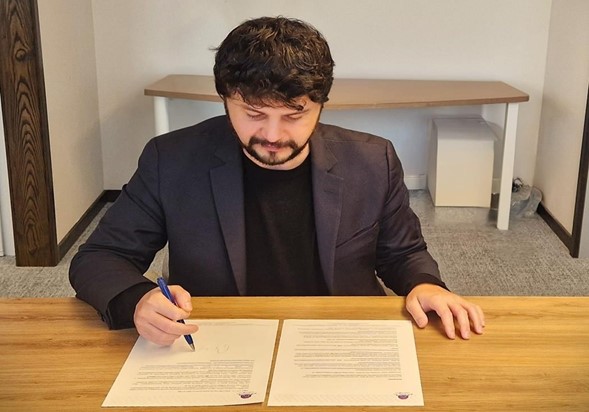
Declarations
Each of the authors confirms that this manuscript has not been previously published by another international peer-review journal and is not under consideration by any other journal. Additionally, all the authors have approved the contents of this paper and have agreed to the journal's submission policies.
Authors’ Contribution and Conflict of Interest
Each named author has substantially contributed to drafting this manuscript. Additionally, to the best of our knowledge, the named authors have no conflict of interest, financial or otherwise.
Acknowledgments
The letter to the new European Commissioner for Health is part of a broader EU project titled “Empowering & mobilizing PAGs on COVID-19 prevention & treatments for vulnerable target groups” [38], carried out along 2024 by Cittadinanzattiva-Active Citizenship Network, with the unconditional support of Pfizer. The document has been drafted in collaboration with RPP Group. The authors would like to thank for their valuable suggestions Alen Novit (Kultlab Celje Society – DKC), Ber Oomen (European Specialist Nurses Organisation - ESNO), Louise Abboud, and Hannah Macdonald (Federation of European Academies of Medicine - FEAM), Mirko Petrovic (European Geriatric Medicine Society - EuGMS), who have contributed to the drafting of the letter with their remarks.
- European Commission “Pact for Skills: new partnership to promote skills in the health sector”.
- European Commission “2023 State of the Union Address by President von der Leyen”.
- European Union “European Year of Skills”.
- European Commission “Commission report finds labor and skills shortages persist and looks at possible ways to tackle them”.
- Eurobarometer “European Year of Skills - Skills shortages, recruitment and retention strategies in small and medium-sized enterprises”.
- WHO: (2009). “Health workforce: The health workforce crisis”.
- Euractiv: “EU Flu Day 2023 Empowering HCPs for everyone's protection”.
- The Standing Committee of European Doctors (CPME) represents national medical associations across Europe.
- www.activecitizenship.net/european-patients-rights-day.html
- MEPs Interest Group “European Patients' Rights and Cross-border Healthcare”.
- Active Citizenship Network: “XVIII European Patients’ Rights Day Programme”.
- Medical deserts are isolated or depopulated areas with such significant falling numbers of medical practitioners and overall health workforce shortages that they hamper health worker availability and exacerbate health inequalities in the population, especially among vulnerable groups.
- The Civil Society Forum (CSF) helps ensure that the HERA Advisory Forum receives regular input from and hears the views and opinions of civil society, acting as a contact point between HERA and stakeholders representing patients, consumers, and healthcare professionals.
- HERA Civil Society Forum calls for enhanced healthcare professional training to prepare for future health threats.
- CPME “Health Check”.
- Active Citizenship Network (ACN) is one of the most widespread and flexible European networks. Established in 2001, it is coordinated by Cittadinanzattiva, the Italian non-profit organization founded in 1978, independent from any political affiliation, trade unions, private companies and public institutions.
- Cittadinanzattiva APS is an organization, founded in Italy in 1978, which promotes citizens' activism for the protection of rights, the care of common goods, the support for people in conditions of weakness in Italy and abroad.
- Empowering & mobilizing PAGs on COVID-19 and long COVID: EU training & advocacy workshop.
- www.healtheuropa.com
- https://trendsanita.it/
- https://medvixpublications.org/
- https://www.activecitizenship.net/multimedia/files/insight/2024-10-14-empowering- mobilizing-pags-on-covid-19-and-long-covid-RPP-for-ACN-Workshop-Presentation.2024.pdf
- European Commission: (2020). “State of the Union Address by President von der Leyen at the European Parliament Plenary”.
- “The future of European competitiveness”.
- Employment, Social Policy, Health and Consumer Affairs Council (Health). (2024). “Main results”.
- Council of the EU (press release 21 June 2024): “European Health Union: Council calls on Commission to keep health as a priority”.
- European Commission (press release 6 July 2023): “Commission report finds labour and skills shortages persist and looks at possible ways to tackle them”.
- Vaccines Europe: “Policy Recommendations for Empowering healthcare professionals for everyone’s protection”. On the impact of immunisation on the elderly: Lewis-Parma H. (2002). "Achieving National Influenza Vaccine Targets-an Investigation of the Factors Affecting Influenza Vaccine Uptake in Older People and People With Diabetes.
- Sheryl Buckner. (2022). “Addressing immunizations in nursing education: Immunization resources for undergraduate nursing”, Journal of Professional Nursing. 42: 173-177.
- PAGs Advisory Board on COVID-19: “COVID-19 patient pathways: Policy Recommendations”, 2023.
- Sharkiya, S.H. (2023). “Quality communication can improve patient-centred health outcomes among patients: a rapid review”. BMC Health Serv Res. 23: 886.
- Established in 2002, RPP Brussels is the first office of RPP and has a long history of EU political advocacy. RPP’s key field of expertise and activity is healthcare.
- MEP Ondřej DOSTÁL.
- MEP Tomislav SOKOL.
- MEP András Kulja.
- MEP Loucas Fourlas.
- MEP Brando Benifei.
- www.activecitizenship.net/projects/1225-empowering-mobilizing-pags-on-covid-19- prevention-treatments-for-vulnerable-target-groups.html
Download Provisional PDF Here
PDF

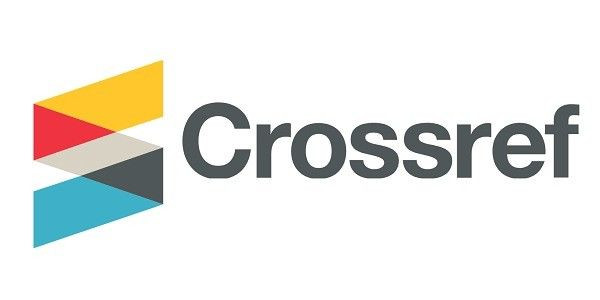
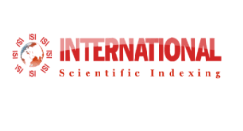
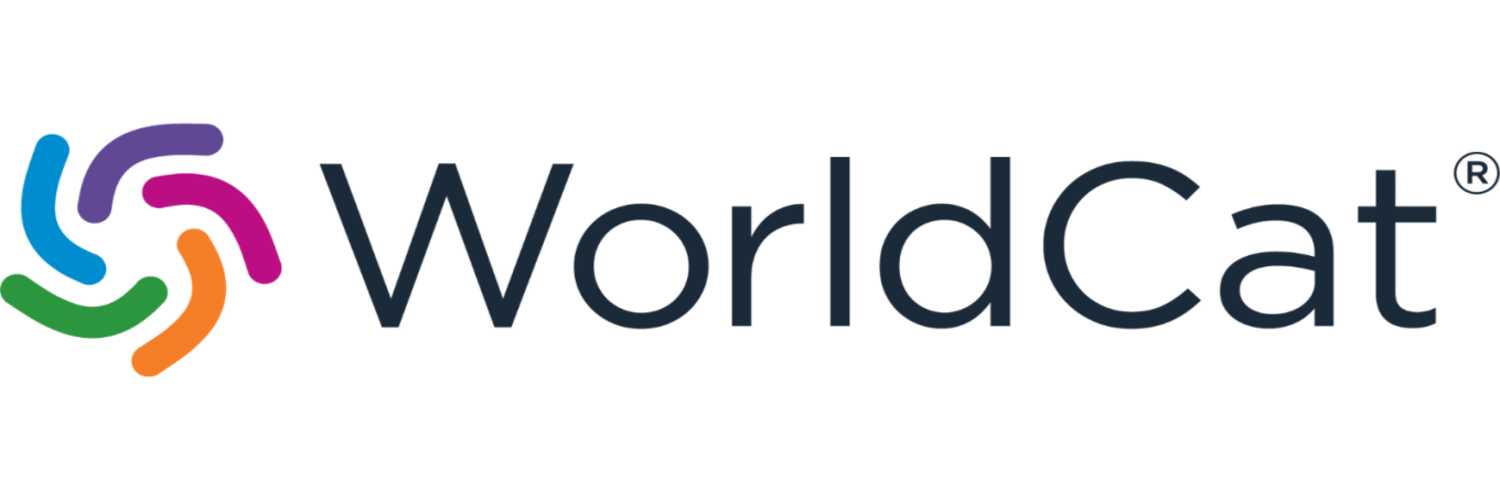
p (1).png)


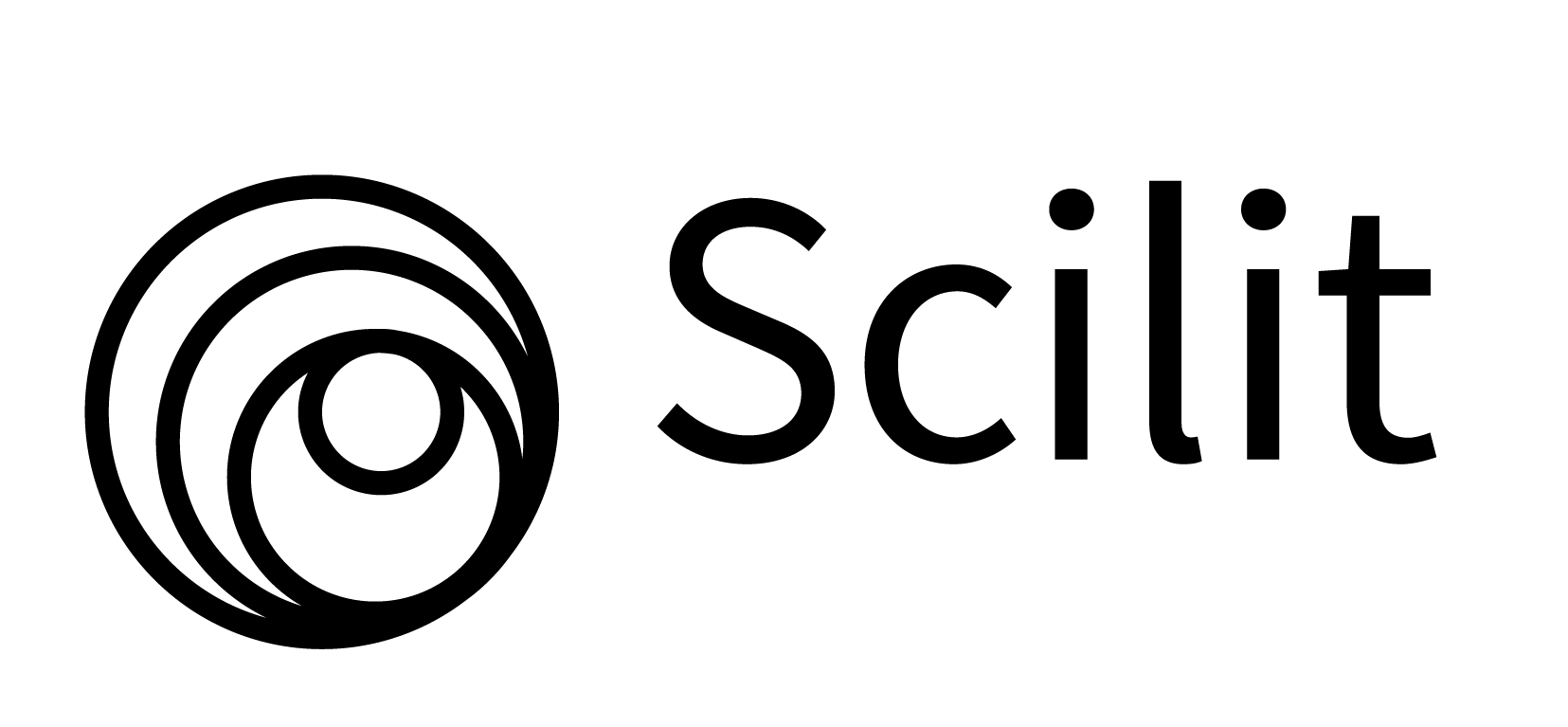

.png)




.png)
